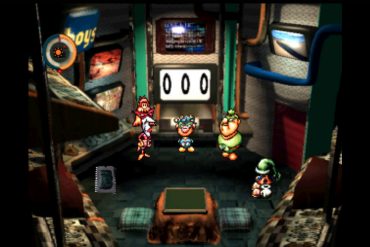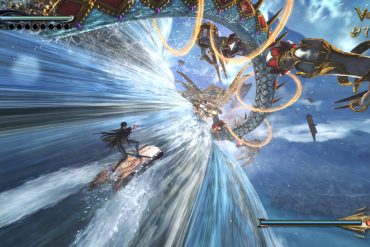March 23rd
…of Amnesia: A Machine for Pigs, so he went to the source, Dan Pinchbeck.
Robert Rath calls Ground Zeroes the first Metal Gear Solid game that gets, like the tagline says, Tactical Espionage Action right.
Leigh Harrison looks at the super lengthy Darksiders II and how that and its repetition are, in a way, something to be admired.
Stephen Beirne looks and the concept of exploration by eschewing the normative model of an open world filled with collectables for something far different filled with weird sights.
And Austin C. Howe wrote a defense of Super Metroid‘s…








